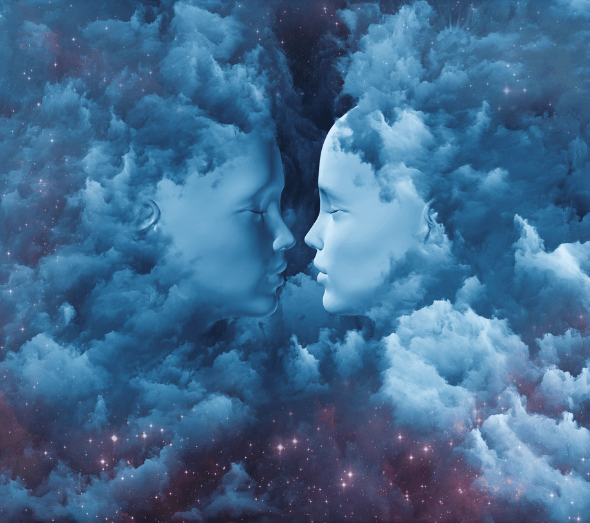Key Points:
Dreams are the mysterious alternate lives we experience during sleep, often feeling as real as our waking lives. They reveal the hidden realms of our minds. Religions hold dreams in high regard. Major biblical figures like Joseph and Saint Augustine attached significance to dreams, considering them messages from God or windows to the subconscious.
Religious history is rich with dream-related instances. Prophet Muhammad’s early dreams preceded revelations, while Hinduism equates life to a dream, seeking conscious dreaming. Dreams are both a bridge between worlds and a mirror to the soul’s state, as Plato and Zeno suggested.
Religious texts provide insights on dreams. Christianity narrates visions guiding actions, Judaism views dreams as a medium for divine communication, and Islam distinguishes true visions from deceptive ones. Hinduism and Buddhism reflect on the illusory nature of life, with dreams illustrating deeper truths. Daoism’s Chuang Tzu ponders reality by asking if he’s a butterfly dreaming of a man or the reverse.
Dreams remain an enigma, offering symbolic significance and untapped insights. As our world and minds are filled with mystery, dreams continue to intrigue and reveal.
We all have dreams – the alternate lives we traverse when we are sleeping. Sometimes, they seem so real, that we ponder which is true – the dream or our waking lives. Just as the night sky reveals the countless stars that are invisible during the day, dreams reveal the subconscious and unconscious realms of our minds that are otherwise hidden.
All major religions view dreams with a great deal of regard and mindfulness. There are many Biblical examples of God indirectly communicating with people through dreams. Saint Augustine, one of the most important figures in Christianity, had high regard for the value of dreams and dream interpretation.
The Prophet Muhammad began having prophetic dreams in his teenage years, leading up to his first revelation. Joseph, was a slave but was highly regarded as an interpreter of dreams, and eventually became an advisor to the Egyptian Pharaoh.
Hindus believe that life is no different than a dream – maya – and that the reality exists beyond time and space. As the Hindu monk Vivekananda said, “The whole life is a succession of dreams. My ambition is to be a conscious dreamer.”
For millennia, our ancestors have been using dreams as keys to better understand both the internal and external worlds. The philosophers Plato and Zeno had suggested that the quality of our dreams help us to determine the spiritual state of our souls.
Dreams are one of the most mysterious human phenomena, seemingly rich with symbolic meaning yet difficult to decipher. This is how our world is, as well as the inner world of our minds: full of mystery and illusion, but also full of secrets and insights to uncover.

Christianity
“A vision appeared to Paul in the night. There was a man of Macedonia standing, begging him, and saying, ‘Come over into Macedonia and help us.’ When he had seen the vision, immediately we sought to go out to Macedonia, concluding that the Lord had called us to preach the Good News to them.”
—The New Testament (Acts 16:9-10), Christian text
Judaism
“When there is a prophet among you,
I, the Lord, reveal myself to them in visions,
I speak to them in dreams.”
—The Hebrew Bible (Numbers 12:6), Jewish text

Islam
“Whoever sees me in a dream then he indeed has seen the truth, as Satan cannot appear in my shape.”
—The prophet Muhammad
Hinduism
“All these names and forms are illusory, like a dream. What Brahman is cannot be described.”
—Sri Ramakrishna, Hindu saint
Buddhism
“Once one has accessed memories of previous lives in the dream state, one gradually recalls them in the waking state.”
—The Dalai Lama
Daoism
“Once upon a time, I, Chuang Tzu, dreamt that I was a butterfly, flitting around and enjoying myself. I had no idea I was Chuang Tzu. Then suddenly I woke up and was Chuang Tzu again. But I could not tell, had I been Chuang Tzu dreaming I was a butterfly, or a butterfly dreaming I was now Chuang Tzu?”
—The Book of Chuang Tzu, Daoist text


